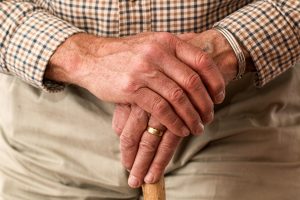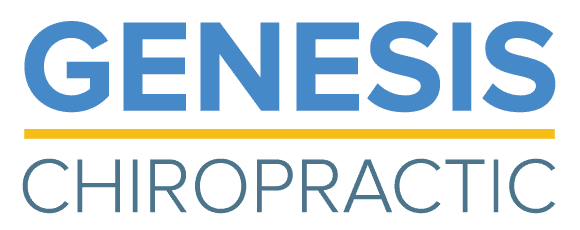DEGENERATIVE DISC DISEASE
 Degeneration of the intervertebral disc is is often called “degenerative disc disease” (DDD) of the spine. It is a common disorder of the lower spine. Disc degeneration can lead to disorders such as spinal stenosis (narrowing of the spinal canal that houses the spinal cord and nerve roots; can be lumbar or cervical), spondylolisthesis (forward slippage of the disc and vertebra), and retrolisthesis (backward slippage of the disc and vertebra). DDD is in fact not a disease. But, rather it’s a degenerative condition that can be painful and can greatly affect the victim’s quality of life. Disc degeneration is a normal part of aging and is generally not a problem by itself. However, for certain individuals, a degenerated disc can cause pain. Such as when bone spurs grow adjacent to the discs and pinch or put pressure on the nearby nerve roots or spinal canal.
Degeneration of the intervertebral disc is is often called “degenerative disc disease” (DDD) of the spine. It is a common disorder of the lower spine. Disc degeneration can lead to disorders such as spinal stenosis (narrowing of the spinal canal that houses the spinal cord and nerve roots; can be lumbar or cervical), spondylolisthesis (forward slippage of the disc and vertebra), and retrolisthesis (backward slippage of the disc and vertebra). DDD is in fact not a disease. But, rather it’s a degenerative condition that can be painful and can greatly affect the victim’s quality of life. Disc degeneration is a normal part of aging and is generally not a problem by itself. However, for certain individuals, a degenerated disc can cause pain. Such as when bone spurs grow adjacent to the discs and pinch or put pressure on the nearby nerve roots or spinal canal.
CAUSES
Aging is the most common cause of disc degeneration. As the body ages, the discs in the spine dehydrate, or dry out. So they lose their ability to act as shock absorbers between the vertebrae. The bones and ligaments that make up the spine also become less flexible and thicken. Unlike muscles, there is minimal blood supply to the discs so they lack the ability to heal or repair themselves. Repetitive stress injury (RSI) and/or several injuries over time that involve the same disc can also increase the likelihood of disc degeneration as may a poor body mass index. However, an active lifestyle that combines regular light exercise and a good diet can help to repair or prolong the life of the disc.
SYMPTOMS
With symptomatic degenerative disc disease, chronic low back pain sometimes radiates to the hips. Or there is an aching pain in the buttocks or thighs while walking. Sporadic tingling or weakness through the knees may also be evident. Similar pain may be felt or may increase while sitting, bending, lifting, and twisting. While the degeneration of the disc will likely progress as a natural part of the aging process, symptoms such as low back pain often decrease over time.
UNDERSTANDING DISC PAIN
It is not clear why some degenerative discs are painful and some are not. After an injury, some discs become painful because of inflammation. Some people have nerve endings that penetrate more deeply into the annulus fibrosus, or outer layer of the disc, than others. Therefore the disc is more susceptible to becoming a source of pain. Pain that radiates down the leg, known as sciatica or lumbago, is the result of the nerve root encountering the inner disc material, or the nucleus pulposus, an inflammatory substance that also puts pressure on the nerve. These conditions can cause symptoms such as severe leg pain, difficulty standing and walking, and weakness or numbness in the legs. Degenerative disc disease can lead to a chronic debilitating condition. And it can have a serious negative impact on a person’s quality of life. When pain from degenerative disc disease is severe, traditional nonoperative treatment is often ineffective. Call us today if you have Degenerative Disc Disease. 215-343-3223

I have spondylo vert. 4/5 grade 1-2.
My disc is pretty much gone. Will the Genesis help my pain at all?
Chris,
We have helped hundreds of people in your exact situation. This is a very tough case due to the pre-existing damage. So we are limited to the amount of correction we will get. So our focus / goal for patients in your situation would be to improve function, strength, and mobility – which will lower pain levels and let you do things in your life that you need to do and love to do.
Give us a call to schedule. The first step would be a consultation, exam, and x-rays to determine the amount of improvement we can achieve.
215-343-3223